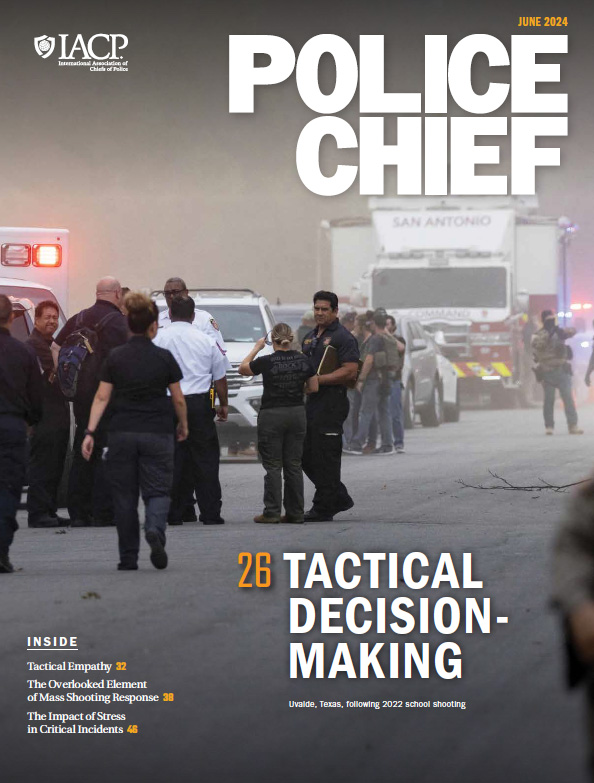
For decades, police departments have been using the charge of “conduct unbecoming” when disciplining officers. Although a divided U.S. Supreme Court upheld the charge of conduct unbecoming an officer in the 1974 U.S. Army court-martial (criminal) case of Parker v. Levy, it noted that such a charge would not be valid in civilian situations. Although most state courts and lower federal courts have upheld the validity of this disciplinary rule in the face of constitutional challenges, generally characterizing police agencies as “para-military” in nature, police chiefs should be cautious lest they invite a Supreme Court review that might result in a decision barring its use altogether for police officers or other municipal employees. There are several steps chiefs can take to limit the likelihood of such challenges, some of which come from a review of how the military has used the charge since the Levy decision.
Even though courts might be more lenient in reviewing the constitutionality of charges brought in disciplinary cases than in criminal ones, simply naming “conduct unbecoming” in a list of possible disciplinary offenses, without any detail of what it means, invites a challenge. In order to discipline a police officer, a department needs to demonstrate that the individual was aware that his or her conduct was prohibited and could result in discipline. This is best accomplished by having a comprehensive set of rules and regulations. Most such rules are self-explanatory. However, a charge of conduct unbecoming, without an explanation of its elements, and lacking proof that the officer was trained in its scope and implications or given a warning that a certain type of conduct was not allowed, is susceptible to constitutional challenges as being void for vagueness or overbreadth. Vagueness challenges are based on the premise that, to be enforceable, the regulation must give those persons who are bound by it a reasonable indication of exactly what conduct is prohibited. In essence, the standard must be capable of objective interpretation by those officers who must abide by it. A rule can be found unconstitutionally overbroad if it prohibits some conduct that is improper while also covering some that is not.


